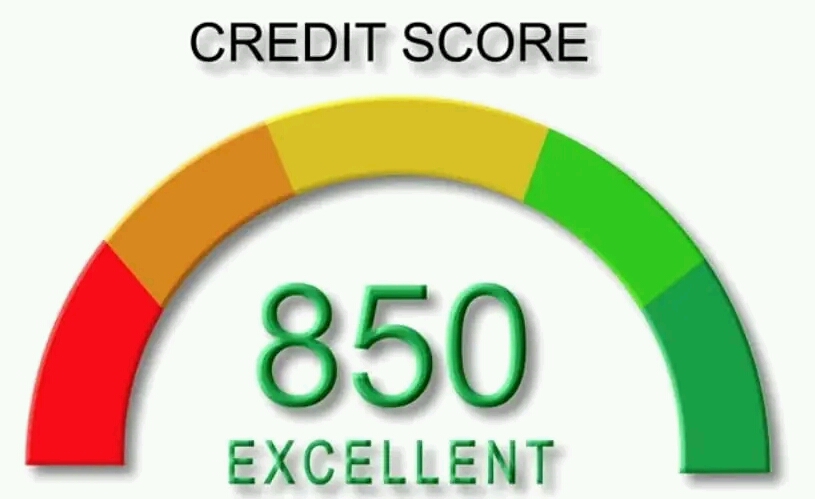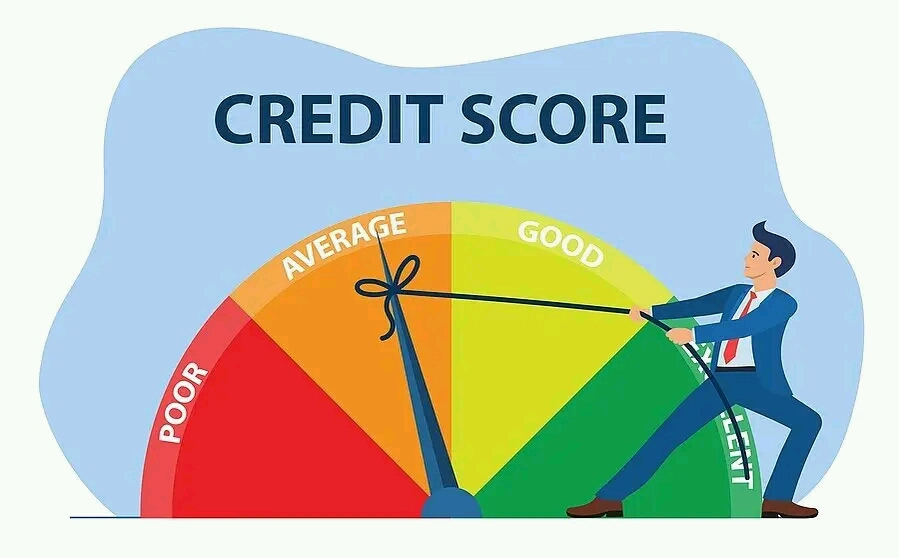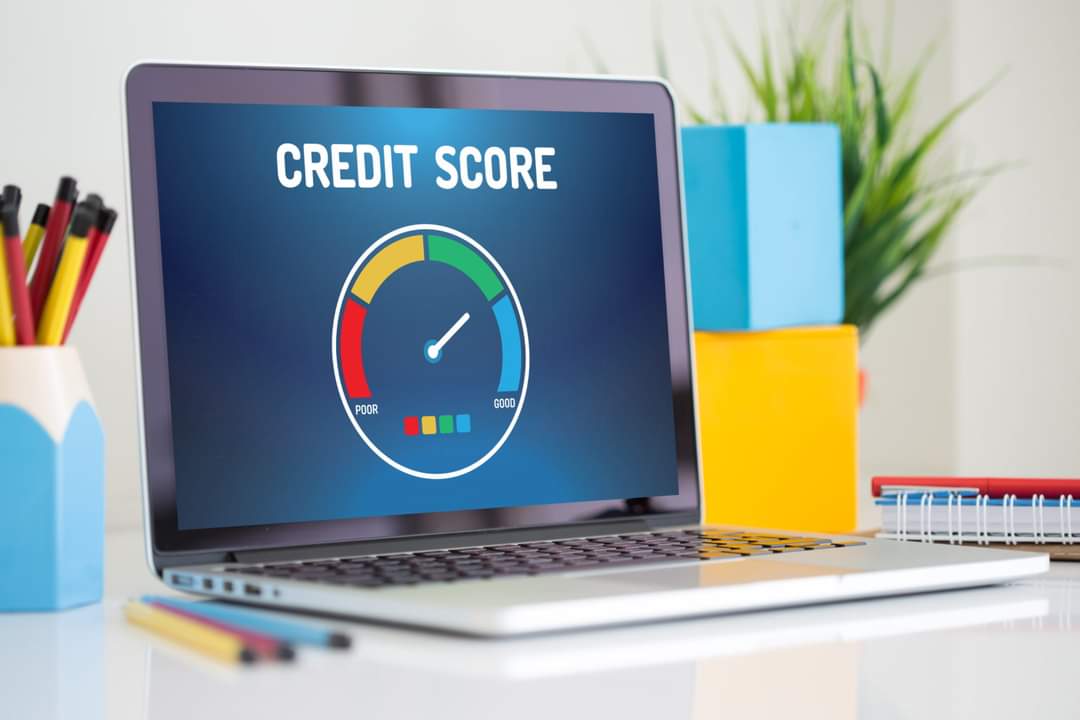How And Why to Check And Improve Your Credit Score Before Getting a Mortgage

How And Why to Check And Improve Your Credit Score Before Getting a Mortgage
In this article titled; How and why to check and improve your Credit Score before getting a Mortgage, we take a look at;
– What a credit score is.
– How to check your credit score.
– Why it’s important to improve your credit score before getting a mortgage.
– How to improve your credit score.
– Things that may lower your credit score

You’ve decided to move and you know you need a mortgage. Sounds simple.
But is it?
Is your credit score going to stop you from moving to the house of your dreams?
Do you even know what your credit score is and why it’s important?
We’re not financial planners or advisors, but we do know a thing or two about important subjects relating to property!
What’s a credit score?
If you’re looking to borrow money, and you need to borrow it from an organisation, like a bank or building society, they have to be confident that you’re going to be paying it back.

So, right at the start of your mortgage application, they’ll have a look at your credit score – that is a number rating that is reached after your financial position has been looked at. The higher the score, the better position you will be in.
Need help with credit scoring?
How important is your credit score when applying for a mortgage?
Well, if you were about to lend someone a large amount of cash, then you would want to know if they could pay it back.
That’s why lenders look at credit rating to help decide if they should lend you money.
If you can prove that you have a good credit score, you will stand a better change of getting a better deal. When I say deal, I mean a mortgage with a lower interest rate.
Luckily for you I’m here to provide some tips in order to improve your credit score so that you can ace your mortgage application.
7 Tips to Improve Your Credit Score
1. Check your credit for errors. A single error on your credit report could be getting in the way of your score, and fixing it could boost your score faster than you think.

2. Tackle derogatory items like collections, charge offs, and late payments first.
3. Make payments on time. Paying your bills on time is one of the most important factors in determining your credit score, making up a whooping 35% of it. Just one late or missed payment can stay on your report for up to seven years, so it’s important to do whatever you need to in order to pay on time.
4. Bring your account balances below 30% of your credit limit. Don’t let the term credit utilization scare you. Not only is the financial terminology easy to understand, keeping it low is one of the fastest ways to improve your credit score. Credit utilization simply means how much of your credit you’re using compared to the total you have available. Ideally you want to keep it as low as possible.
5. Don’t apply for to much credit. Opening up new credit accounts can have a dual effect on your credit score. On one hand, you’re increasing your overall credit limit, which is a positive factor. On the other hand, each application for new credit can trigger a certain type of a review called a hard inquiry. Since a hard inquiry can be a negative factor, it’s wise to avoid applying for a lot of new credit in a short period of time. In addition to your score dropping, too many hard inquiries at once can be a red flag for lenders.
6. Make small purchases on cards with zero balances and pay them off right away.
7. Don’t close your accounts. Similar to your employment history on a job application your old credit accounts can represent your reliability to the credit bureaus. Your credit history also represents about 15% of your credit score so it can help to keep all the accounts open, even if you’re not using them. Another credit score tip; since you’ll be reducing your total available credit, closing a long-standing account can also increase your credit utilization rate, which lowers your score. So there’s even more reason to hold onto old accounts.
Improving your credit score quickly can be challenging, but it’s not impossible. If you’re just beginning to build credit or trying to rebuild your credit, it can be a gradual process. But equipped with the credit tips above, some focus and patience, you’ll be on your way to a higher credit score, and all the financial perks that come with it!
Your home may be repossessed if you do not keep up your repayments on a mortgage or any other debt secured on it.

Things that may lower your credit score are, for example
Missing important repayments on credit cards or loans.
Having credit rejected for some reason.
Having lots of outstanding loans already.
Remember, a lender needs to be sure the money will be paid back.
The higher your credit score, the better when it comes to getting a mortgage or other loans.
You can also help raise your score by following a few tips:
– Review your credit reports to verify they’re accurate.
– Pay down high balances.
– Pay your loans on time.
– Apply for credit only if you need it.
Can you see your credit score?
Yes, you can. There are a number of agencies that collate information and calculate a credit score.
You should be able to create an account with a credit agency and have a look at your financial position. It’s the sort of information that lenders will be looking at.
Handily, it will show you all the positives but it will also show you any negatives – for example, a missed payment.
You can usually sign up to an account for free but you will most likely be asked if you want to get regular updates. This will cost a small fee, but you can usually close your account and not accrue any costs.
When you look at your credit score you may spot a couple of things that could lead to a low score and a mortgage offer not being successful.
Different lenders use different agencies so it might be that a little transgression may not affect things. But, you do need to look at what the negatives are.
Get on a roll
If you’re not registered to vote, you’re unlikely to have a good credit score. If this may be a factor, rectify it.
Credit where it’s due
Sounds a bit wrong, but you’re likely to have a low score if you don’t have much credit. The thing is, how can your ability to make repayments be calculated if you’re not making any repayments for anything? Have a think about taking out a credit card – but work out how to use it to your advantage.
Don’t keep applying
If you do get turned down for credit, don’t keep on applying. If the metrics say no, they won’t change overnight. It’s usually around six months that you need to wait before reapplying. During that time, you could have improved your score.
Partner penalties
If you look at a credit score report, you will see that it will link you to a partner. For example, you may have had a previous mortgage with a now ex-wife or husband. That will affect the rating you get so it may be worth asking the credit reference agencies to break that link in your file.
Too many cards
If you have had a couple of credit cards, don’t really use them but you’ve kept them going for a bit “just in case”, think about getting rid of one or two of them. Credit scores will assess them all and this can work against you. having credit cards with zero balances makes it appear that you have access to funds already, and the question then is likely to be “why do you need more?” This does not necessarily apply to mortgages but is good to be aware of anyway!
This advice should prove helpful. The key takeaway for you though should be – know what your credit score is and do something about it if it’s poor.
SEE ALSO : THINGS YOU MUST NOT DO WHEN APPLYING FOR A MORTGAGE
Hope you really find this topic (How And Why to Check And Improve Your Credit Score Before Getting a Mortgage) helpful.
Comments are closed.